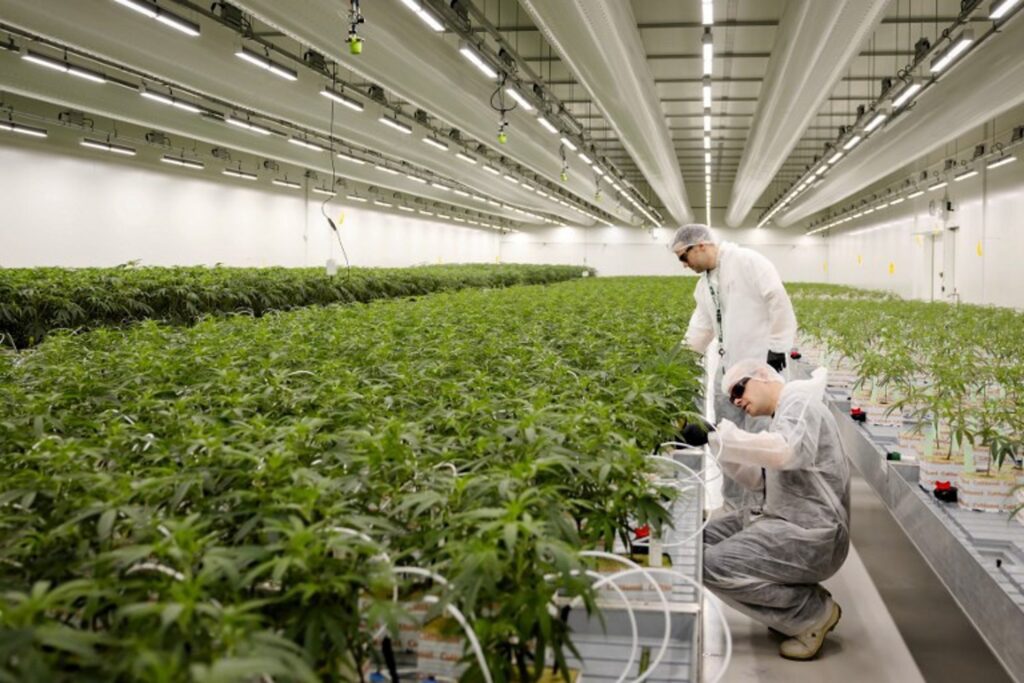The final phase of the regulated cannabis experiment in the Netherlands began on Monday, restricting coffeeshops in participating municipalities to selling only regulated cannabis.
From Monday, all coffeeshops in ten Dutch municipalities will only sell legally-grown cannabis, reported NOS. These municipalities include Almere, Arnhem, Breda, Groningen, Heerlen, Hellevoetsluis, Maastricht, Nijmegen, Tilburg, and Zaanstad.
The coffeeshops will source their cannabis exclusively from selected participants in the experiment.
This final phase will last for four years, with a possibility of extension. In the previous phase, the government tolerated cannabis sales in coffeeshops under strict conditions.
Cannabis cultivation remains illegal in the Netherlands, creating uncertainty about its origin and composition. The ‘Closed Coffeeshop Chain Experiment’ aims to examine the feasibility of a regulated production, distribution, and sales chain for cannabis.
Improving hashish production and procurement by coffeeshops will require more time. Until 10 June, enforcement on illegal hashish sales will be relaxed, according to Minister of Justice David van Weel and Secretary for Prevention Vincent Karremans.
This grace period allows growers to enhance drug production and coffeeshops to expand their offerings. The enforcement relaxation applies only to hashish, while illegal cannabis sales remain strictly regulated.
"Ensuring sufficient supply is crucial because shortages can lead to illegal street trade," they emphasised.

